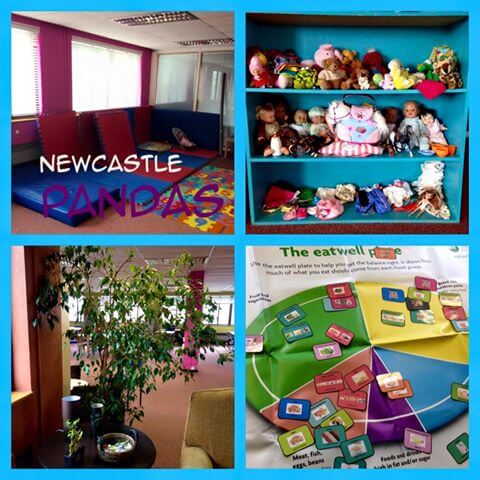Since January I’ve been working hard to improve my diet and have joined a healthy eating group. During group meetings I’ve been reflecting on the ease with which I seemed to have slipped into a sugar addiction, and the difficulty kicking it!
Just to be clear, my sugar addiction wasn’t just a love of sweets, though sometimes my instagram feed says otherwise, but rather made me somewhat subconsciously seek out any sugar laden foods. As with many problems we face, I didn’t realise until I started paying it attention how much sugar was in many of the foods I ate, and quite how low I’d feel when cutting it out! Mornings were hard, I felt as though I could barely face the day without a sugar rush. Lunches felt like a chore with nothing sweet to give me an afternoon kick. Night time comfort eating just isn’t the same when you’re kicking yourself for every teaspoon of sugar you go over your daily limit.
The lucky thing for me was that sugar addiction is such a widely discussed topic – look at the I quit sugar movement – people don’t feel so ashamed or guilty about it when it’s widely discussed and that means that there is plenty of available peer support around when I feel like giving in to a craving. When you feel like you’re sliding down towards frustration, anxiety or just feeling low, there’s usually someone around at home or work who can identify with you – and remind you that it’s all in your mind.
Addictions are defined as a continual act of doing something which becomes compulsive, like drinking, eating to excess or gambling. I really feel for people with addictions that are more taboo, who can often suffer in silence and without anyone ever noticing there’s a problem until it’s too late. Like sugar or alcohol addictions, gambling is all around us, everywhere we look. From high street bookmakers to sport on TV, often when there’s a big sporting event going on, it’s ramped up more and more to gambling fever pitch. Very, very difficult to avoid temptation when there are so many temptations out there, and with the ease of online gambling in all its forms, I really feel for any affected individuals and their families who have to deal with the fallout.
Spiralling debts, loss of income and home as well as the risks to mental health are all good reasons to ensure that you know where to get help if you or a loved one are caught up in this addictive cycle of behaviour. It’s worth checking out gambling addiction charities for more information about the tell tale signs of gambling addiction, as well as tips around how to keep gambling something you enjoy and control rather than something that begins to control you.
The same goes for other types of addiction, recognising that you have a problem is tremendously challenging, I think seeking support is a very brave thing to do and I hope we’ll see other addictions being more widely discussed.
This is a collaborative post







